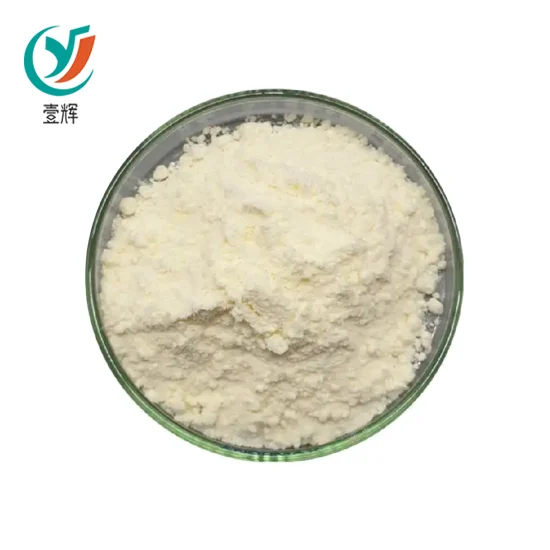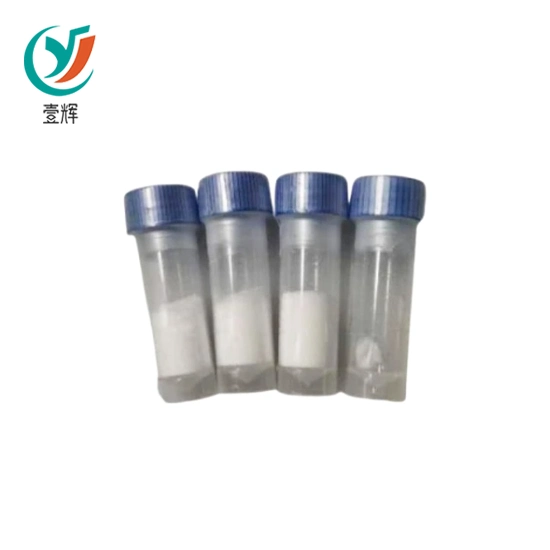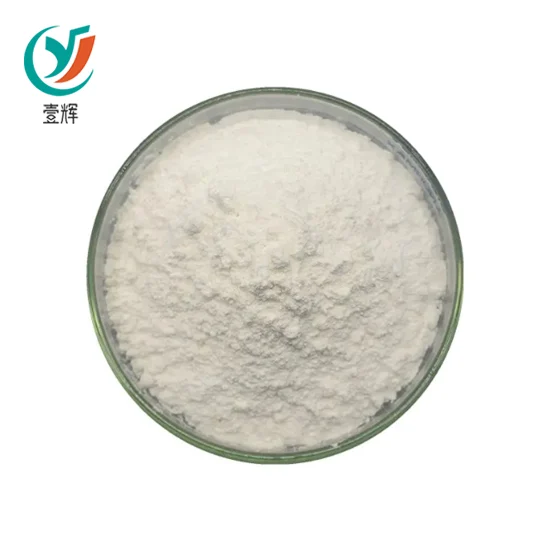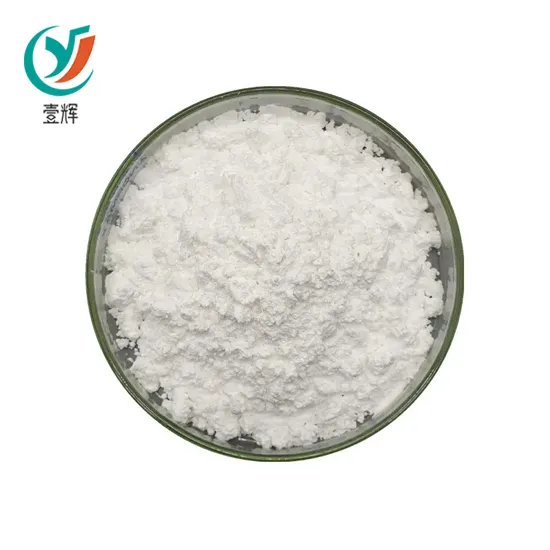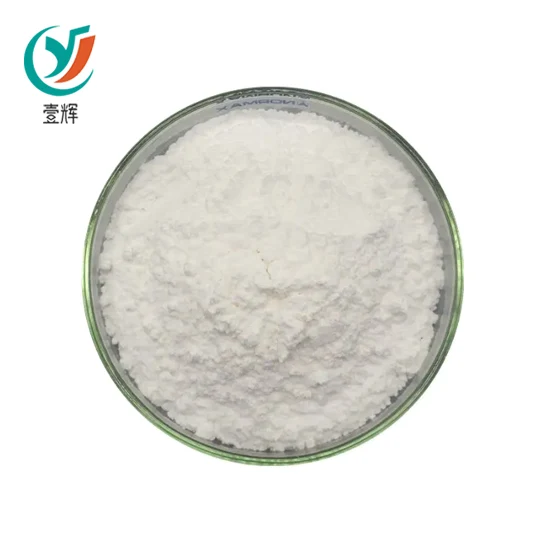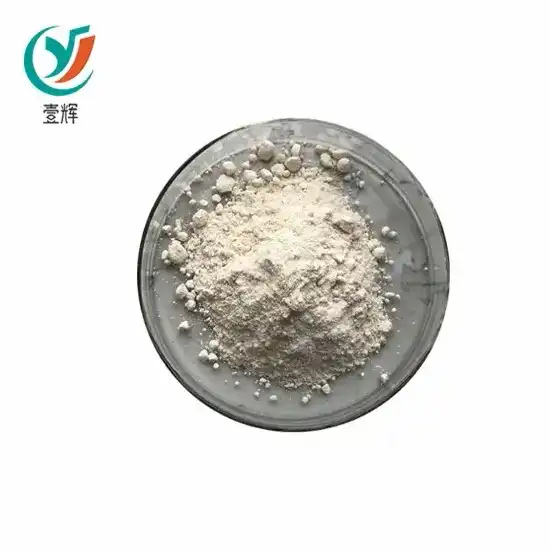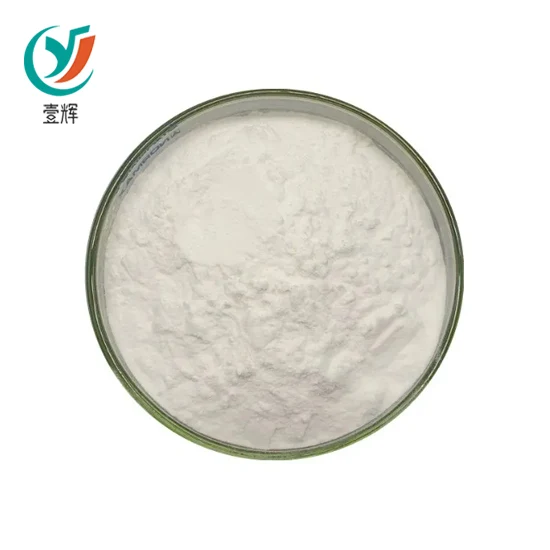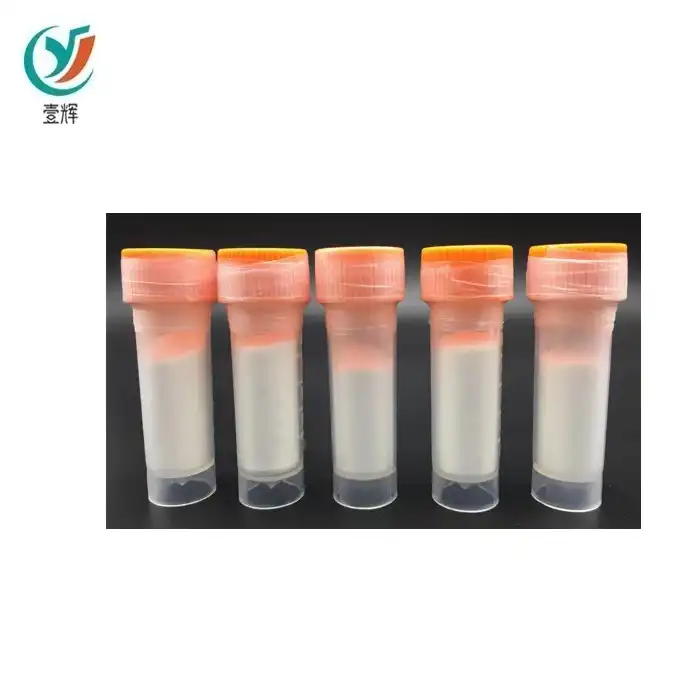What Are The Basic Ingredients In Cosmetics?
2024-05-06 10:07:59
What are the basic ingredients in cosmetics?
Cosmetics are an integral part of our daily lives, and it is essential to understand the basic ingredients that go into the products we use. From skincare to makeup, cosmetics contain a wide variety of components that contribute to their effectiveness and appeal. In this article, we will dive deep into the world of cosmetics and explore the fundamental ingredients that make them what they are.
Introduction to Cosmetics
Cosmetics, also known as makeup or beauty products, are substances used to enhance or alter the appearance of the face and body. They are used for various purposes, such as moisturizing the skin, adding color to the lips, or highlighting the eyes. The beauty industry offers a vast range of products, each with its unique formulation and ingredients.
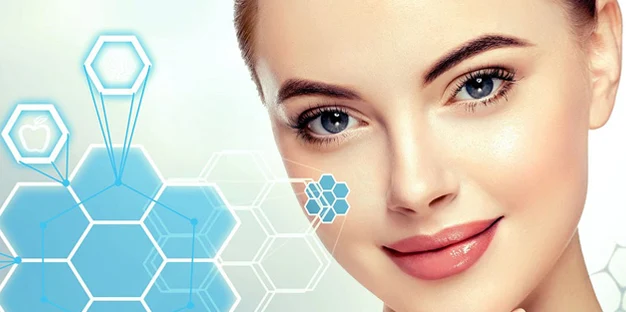
Common Cosmetic Ingredients
While cosmetics can contain numerous ingredients, some are more prevalent than others. Here are some of the most common ingredients found in cosmetics:
1. Water: Water is a crucial ingredient in many cosmetic products, serving as a base to dissolve other components and create emulsions.
2. Emollients: Emollients are ingredients that help soften and smooth the skin. They form a protective layer on the skin''s surface, preventing moisture loss. Examples of emollients include oils, butters, and waxes.
3. Thickeners: Thickeners are substances added to cosmetics to give them a thicker and more luxurious texture. They improve the product''s spreadability and stability. Common thickeners include gums and polymers.
4. Emulsifiers: Emulsifiers enable the blending of water and oil-based ingredients in cosmetics. They help create stable emulsions and prevent separation of the components. Common emulsifiers include cetearyl alcohol and glyceryl stearate.
5. Surfactants: Surfactants are ingredients that reduce surface tension and allow better spreading of the product on the skin. They also help to remove dirt and oil. Surfactants can be found in cleansers, shampoos, and shower gels.
6. Preservatives: Preservatives are added to cosmetics to prevent the growth of harmful bacteria and extend the product''s shelf life. Common preservatives include parabens, phenoxyethanol, and benzyl alcohol.
7. Colorants: Colorants are responsible for giving cosmetics their vibrant hues. They can be derived from natural sources or created synthetically. Colorants are commonly found in lipsticks, eyeshadows, and blushes.
8. Fragrances: Fragrances are added to cosmetics to enhance the user''s sensory experience. They can be natural or synthetic and are present in perfumes, lotions, and other scented products.
These are just a few examples of the basic ingredients found in cosmetics. The specific formulation of a product can vary significantly depending on its intended use and target audience. Manufacturers often combine various ingredients to create unique textures, effects, and benefits.
Specialized Cosmetic Ingredients
Apart from the common ingredients mentioned above, some cosmetics may contain specialized ingredients that cater to specific skincare or makeup needs. These ingredients are often backed by scientific research and have gained recognition for their effectiveness. Let''s explore some of these specialized cosmetic ingredients:
1. Hyaluronic Acid: Hyaluronic acid is a moisturizing ingredient that can hold up to 1000 times its weight in water. It helps hydrate the skin, reduce the appearance of fine lines and wrinkles, and improve skin elasticity.
2. Retinol: Retinol is a form of vitamin A that offers anti-aging benefits. It promotes skin cell turnover, improves collagen production, and reduces the appearance of wrinkles and age spots.
3. Salicylic Acid: Salicylic acid is a beta-hydroxy acid (BHA) commonly used in acne treatments. It helps unclog pores, exfoliate the skin, and reduce inflammation. Salicylic acid is often found in cleansers, toners, and spot treatments.
4. Titanium Dioxide: Titanium dioxide is a mineral ingredient used as a physical sunscreen in cosmetics. It provides broad-spectrum UV protection by reflecting and scattering the sun''s rays.
5. Vitamin C: Vitamin C is a potent antioxidant that helps brighten the skin and improve its overall tone and texture. It also supports collagen production, reducing the signs of aging.
6. Peptides: Peptides are short chains of amino acids that can penetrate the skin and promote collagen synthesis. They are often used in anti-aging skincare products to minimize the appearance of wrinkles and fine lines.
These specialized ingredients showcase the continuous advancements in cosmetic science, offering targeted solutions for various skincare concerns.
Safety and Regulation
The safety of cosmetics is a significant concern for both consumers and manufacturers. To ensure the safety and quality of cosmetic products, regulatory authorities impose guidelines and regulations. In the United States, the Food and Drug Administration (FDA) regulates cosmetics, while the European Union has a stricter regulatory framework known as the European Cosmetics Regulation.
Regulatory agencies require cosmetic manufacturers to provide a list of ingredients used in their products, known as the INCI (International Nomenclature of Cosmetic Ingredients) list. This list helps consumers make informed choices and identifies potential allergens or irritants.
Additionally, cosmetic companies conduct safety assessments and tests to ensure their products are safe for use. These assessments include stability testing, microbiological testing, and toxicity testing.
Consumers also play a crucial role in ensuring the safety of cosmetics by being aware of potential allergens or irritants and conducting patch tests before using a new product. Staying informed about product recalls and understanding the potential risks associated with certain ingredients is essential.
Conclusion
Cosmetics contain a wide range of ingredients, each serving a specific purpose. From water and emollients to colorants and fragrances, these ingredients contribute to the overall effectiveness, appeal, and safety of cosmetic products. Understanding the basic and specialized ingredients in cosmetics allows consumers to make informed choices and tailor their skincare and makeup routines to their specific needs. It is important to stay updated with the latest scientific advancements and regulatory guidelines to ensure the safe and responsible use of cosmetics.
Send Inquiry
Related Industry Knowledge
- What's Side goods of Disulfiram API?
- What Are Life Science Products?
- What Is Alpha-Ketoleucine Calcium
- Understanding Cisapride: Uses, Side Effects, and Precautions
- Can bimatoprost regrow scalp hair?
- What is levomefolate calcium?
- What Are the Benefits of Ginkgo Biloba Extract?
- What is sodium 4-phenylbutyrate?
- How much vitamin k1 for dogs?
- What Is the Difference Between Calcium Aspartate and Calcium Aspartate Anhydrous?


